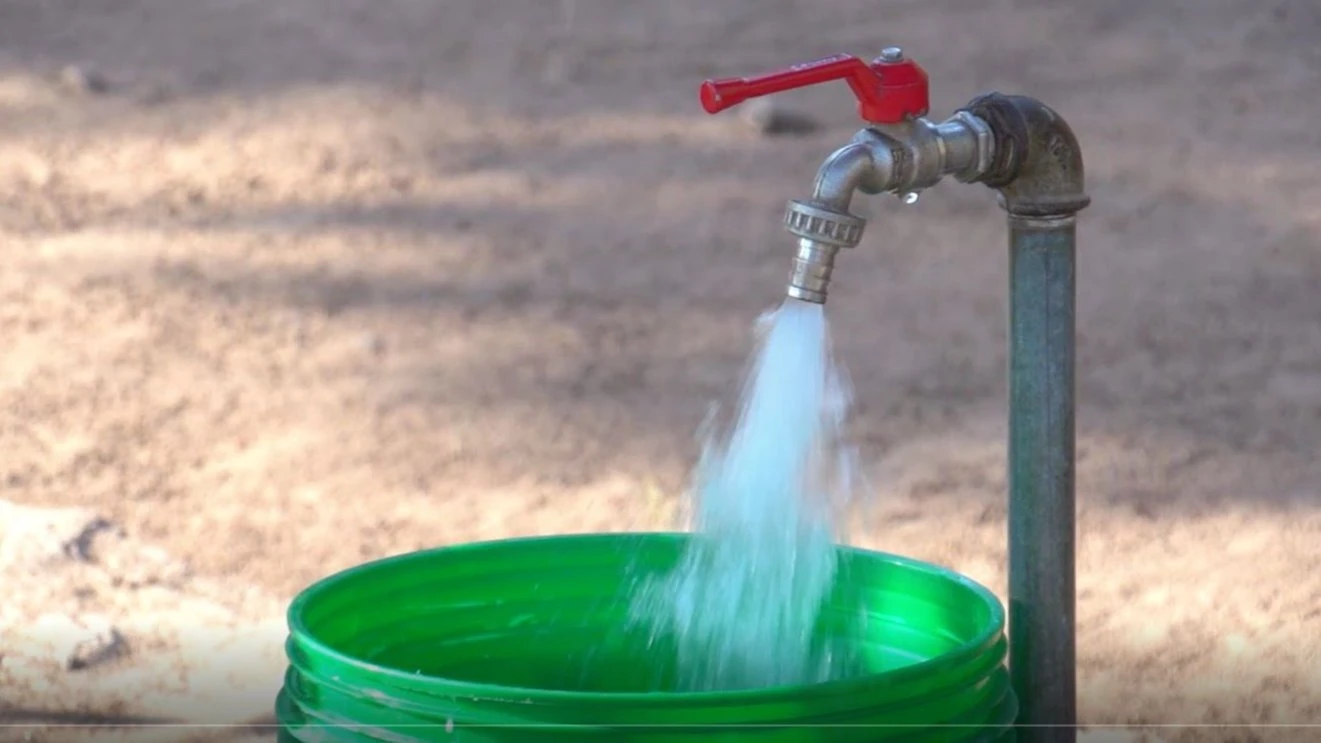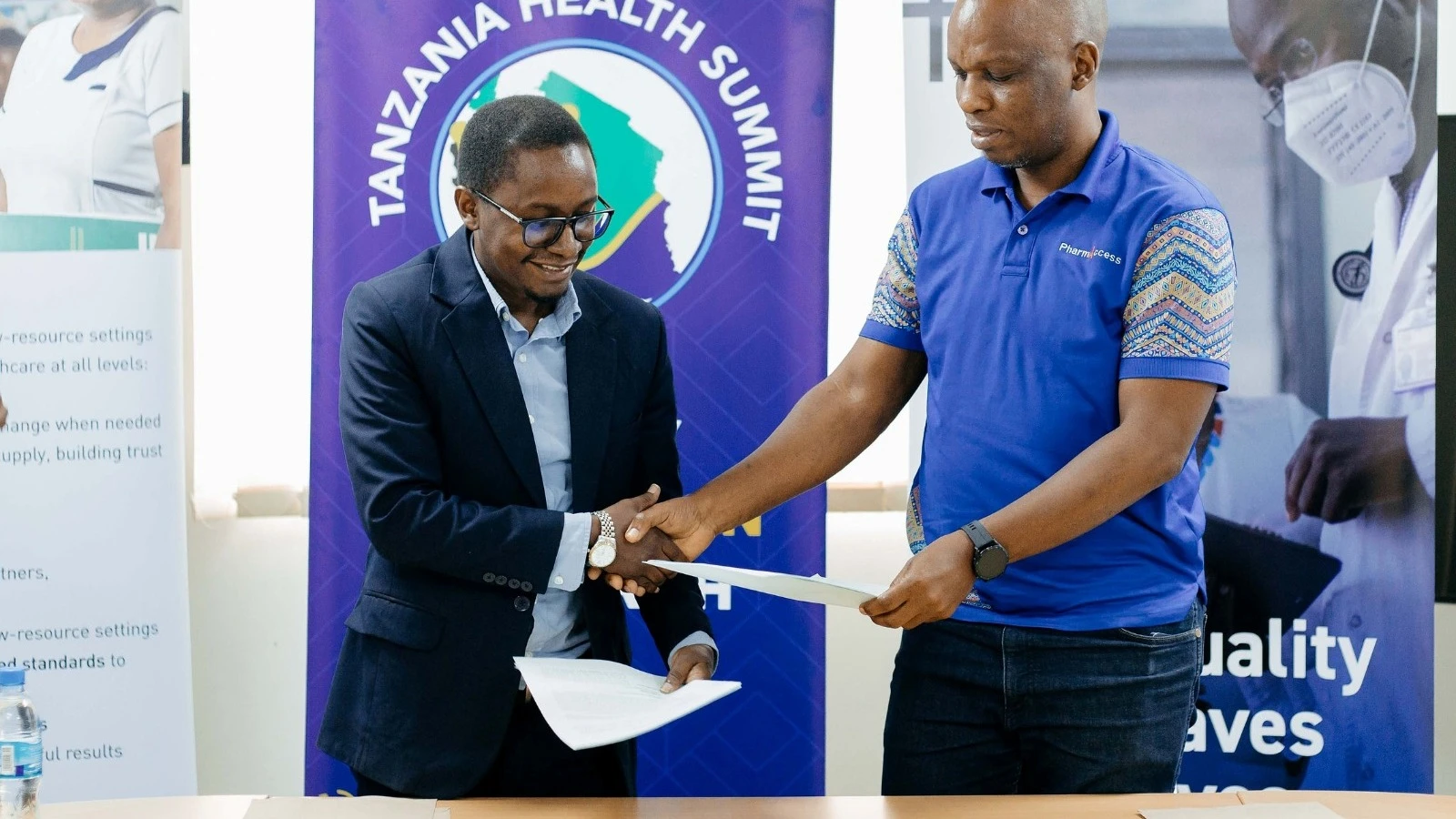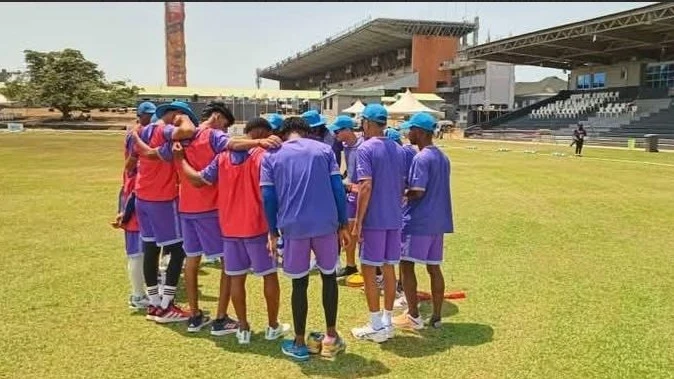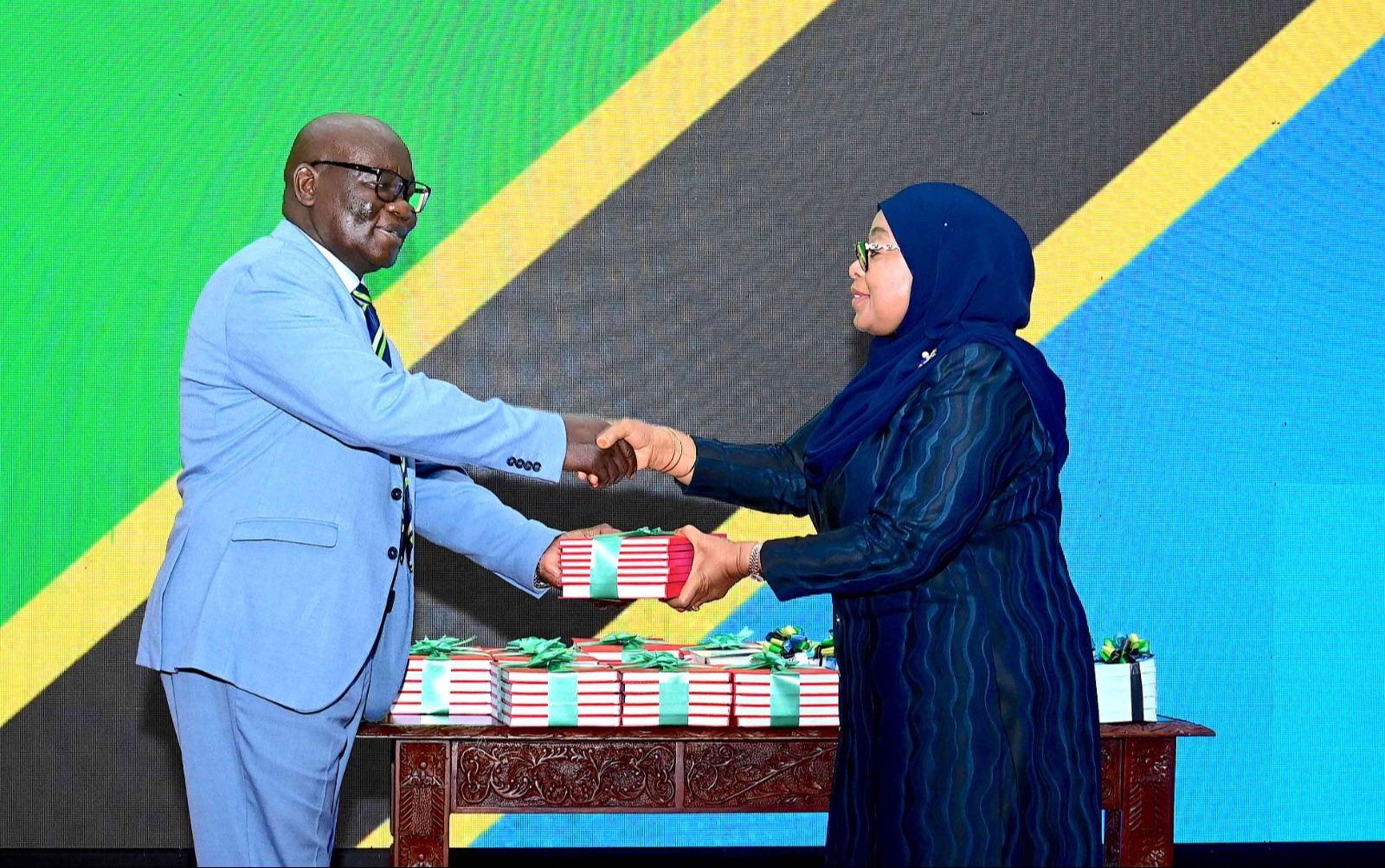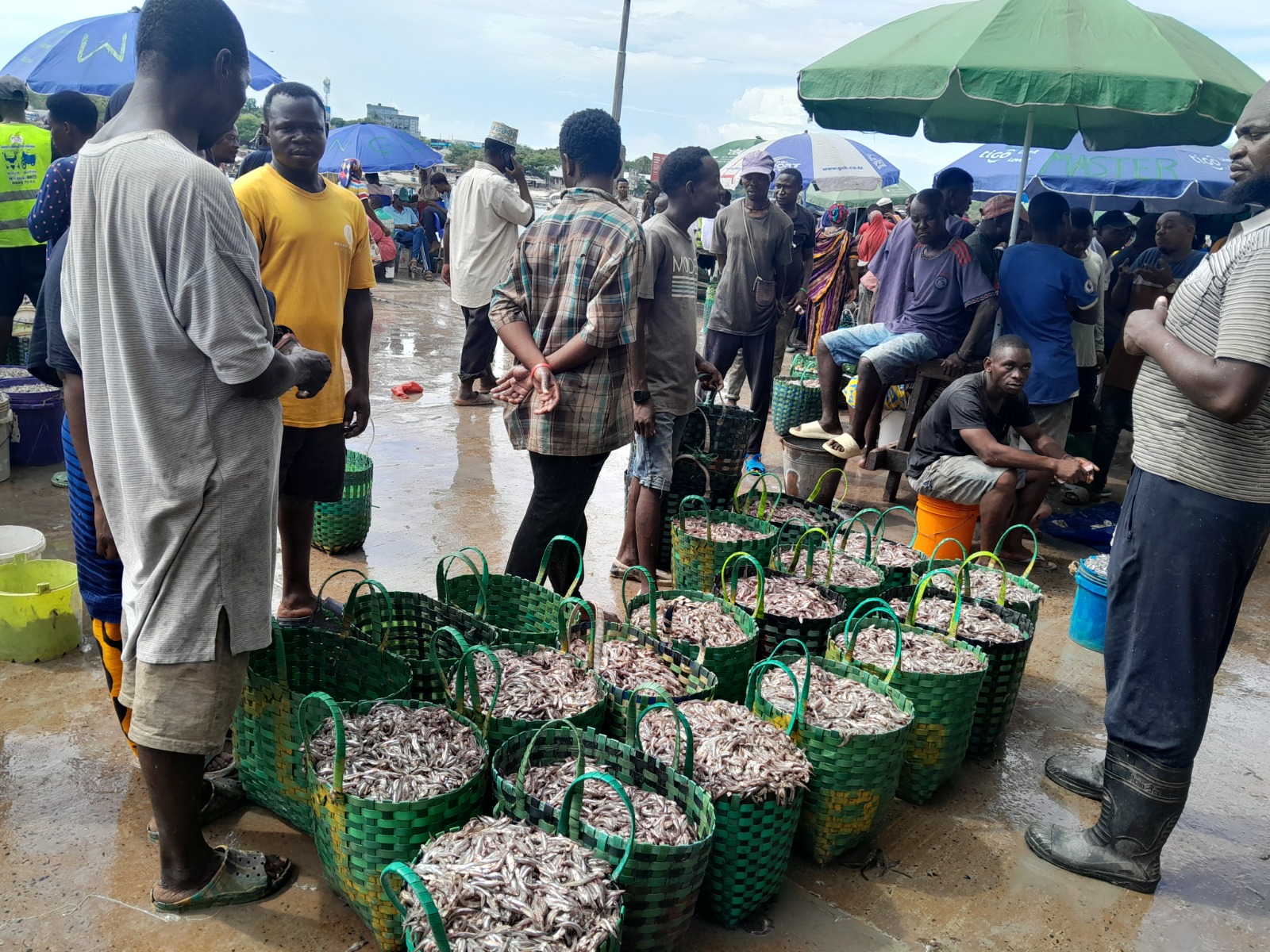The silent threat: Fighting kidney disease in Cameroon and Tanzania
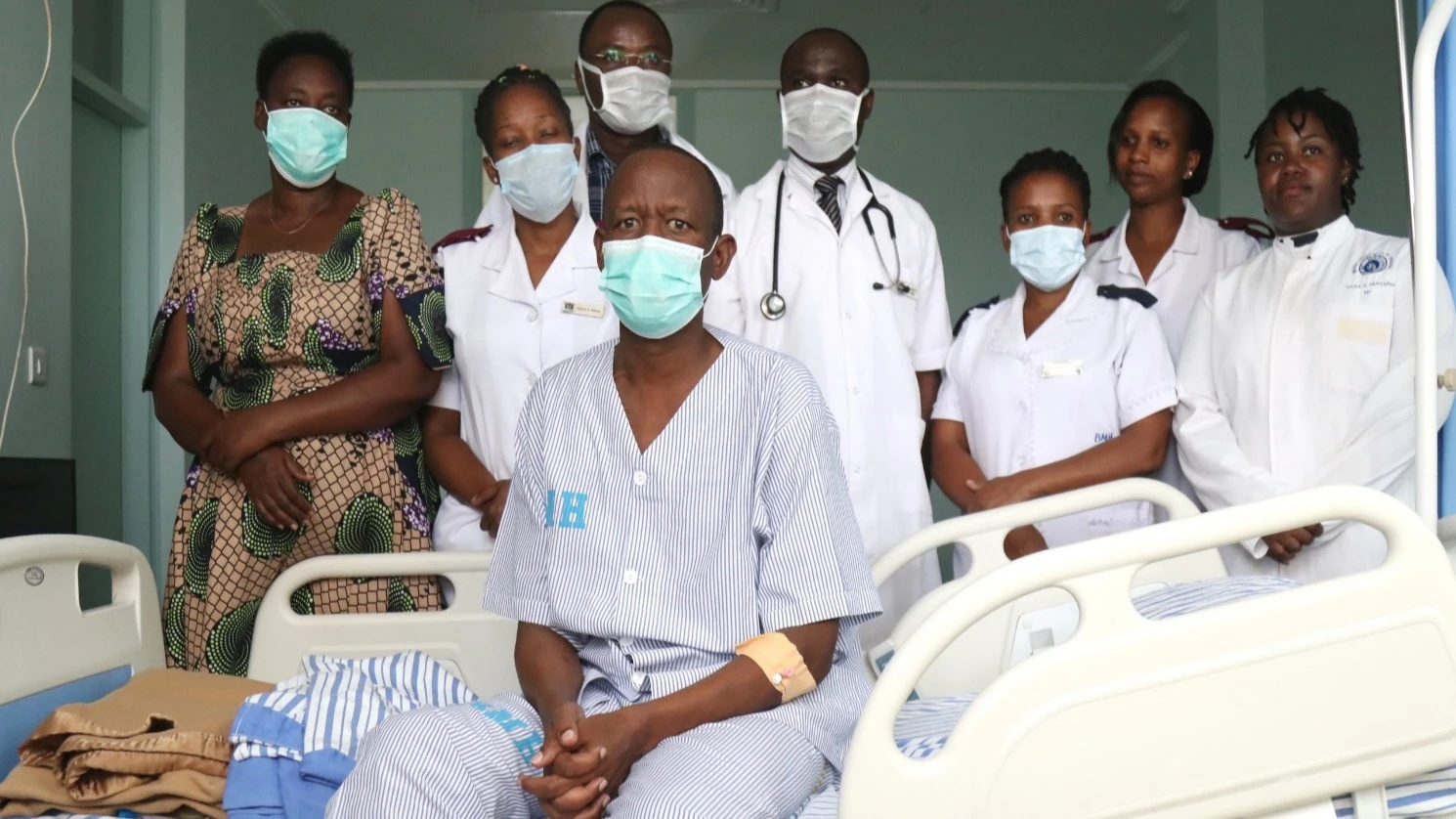
KIDNEY disease is a silent intruder, creeping in unnoticed until the damage is severe. It doesn’t announce itself with sudden symptoms or obvious warning signs. No dramatic alarms, just a slow, steady decline that one day leaves you feeling exhausted, your body aching, your feet swelling. And then comes the life-altering moment—a doctor explaining that your kidneys are failing.
In Cameroon and Tanzania, thousands live with kidney disease without realizing it. The reality is brutal: many only discover their condition when their options are painfully limited. But it doesn’t have to be this way.
This March, action is being taken. From the 10th to the 15th, Premier Health Centre at Douala Grand Mall is offering free kidney screenings. It’s a simple process—checking blood pressure, sugar levels, and urine—but it could mean the difference between a manageable condition and a devastating diagnosis.
Early detection is not just about awareness—it’s about empowerment. Kidney disease doesn’t strike overnight. It develops over time, fueled by factors like high blood pressure, diabetes, obesity, and genetics. The good news? Catching it early can change the trajectory. It means more time, better treatment options, and the opportunity to take control before irreversible damage is done.
This campaign is not just about medical facts; it’s deeply personal. Rene Awambeng knows this battle intimately. A leader and visionary, he never imagined he would be fighting for his own life against chronic kidney disease. But when the reality set in, he made a choice—to use his experience to prevent others from suffering in silence. Through the Awambeng Renal Care Foundation, he is championing the cause, ensuring that thousands at risk are informed, families are educated, and lives are saved.
World Kidney Day on March 13th is not just a date on a calendar—it’s a movement. Across Cameroon, people are being urged to wear green as a symbol of kidney health awareness. The goal is clear: make kidney disease visible, spark conversations, and inspire action.
And this goes beyond screenings. What we eat plays a critical role in kidney health. On March 13th, nutritionist Mbiatat Hilaire de Goethe will shed light on the best and worst foods for kidney function—small dietary adjustments that could make all the difference. Then, on March 14th, Dr. Njonkam Linda, a leading nephrologist, will unravel the warning signs too many people overlook and outline preventive measures to safeguard kidney health.
The last chance for free screenings is March 15th. This is not a call to wait for symptoms or a crisis—this is a call to act now. Because the truth is, your kidneys won’t send a warning. But we will.
In Tanzania, the urgency of kidney health is equally pressing. The Aga Khan Hospital is extending its expertise, urging residents to get checked by nephrologists before it’s too late. Since 2012, the Nephrology Society of Tanzania (NESOT) has been working to improve kidney care, but the challenge remains enormous.
Clement John, a resident of Shinyanga, undergoes dialysis at Bugando Regional Referral Hospital in Mwanza. The cost? An average of 200,000 Tanzanian shillings per session. For many, it’s an unbearable financial burden. But hope is on the horizon.
Bugando Medical Centre (BMC), a major referral hospital in the Lake Zone, is preparing to introduce kidney transplant procedures later this year. This is a game-changer. The hospital’s director of Surgical Services, Dr. Alicia Masenga, confirmed the initiative, citing the high prevalence of kidney disease in the region as the driving force behind this decision.
Experts from the Ministry of Health have already assessed Bugando’s readiness and given the green light. Now, the final steps remain—the return of specialized surgeons currently training abroad and the installation of essential surgical equipment.
Once operational, Bugando will join three other hospitals in Tanzania—Muhimbili National Hospital (MNH) in Dar es Salaam (Upanga and Mloganzila facilities) and Benjamin Mkapa Hospital (BMH) in Dodoma—in offering kidney transplant services.
MNH paved the way in 2017, becoming the first Tanzanian medical facility to perform kidney transplants after developing local expertise to handle the complex procedure. Since then, the service expanded to Mloganzila, and BMH followed suit, recently announcing its 25th successful transplant. This achievement has saved the government billions in overseas referral costs, providing hope to countless patients who previously had no choice but to seek expensive treatment abroad.
The impact of kidney disease in Tanzania is staggering. Dr. Said Kanenda, Head of the Dialysis Unit at Bugando, revealed that the hospital treats an average of 140 dialysis patients per week.
The numbers are rising at an alarming rate. According to the Ministry of Health, the number of patients requiring dialysis jumped from 1,017 in 2019 to a staggering 3,231 by the end of 2023.
For those relying on dialysis, the costs are crushing. A typical patient requires at least three sessions a week—an expense of approximately 600,000 Tanzanian shillings per week just to stay alive. And what’s driving this crisis? High blood pressure, diabetes, and proteinuria (excess protein in urine) are the leading culprits.
Pregnancy-related complications also play a significant role. Dr. Kanenda highlighted that three to six women per month require dialysis due to kidney failure linked to excessive bleeding and eclampsia during childbirth.
His message is clear: pregnant women must seek early medical care and follow doctors' recommendations, including taking iron supplements, to reduce the risk.
The statistics paint a stark picture. As part of World Kidney Day commemorations, Bugando conducted a screening exercise for 178 Mwanza residents.
The findings were alarming—56 individuals (31%) had high blood pressure, eight (4.5%) had diabetes, 17 had bacterial urinary tract infections, and 20 showed signs of proteinuria.
These figures underscore the silent but deadly nature of kidney disease. By the time symptoms appear, the damage is often irreversible.
Mwanza Regional Medical Officer Dr. Jesca Leba was quoted as saying that the public should prioritize regular health check-ups to detect kidney disease early and avoid the financial and emotional toll of late-stage treatment.
She also emphasized the importance of enrolling in health insurance schemes before a diagnosis is made, as this could help alleviate the economic burden of long-term care.
For those already battling kidney failure, the upcoming transplant services at Bugando represent a beacon of hope. Dwasi Masunga, the dialysis patient from Shinyanga, is optimistic.
“Introducing kidney transplants at Bugando is a great initiative. I already have a willing kidney donor, but the challenge has been finding a facility for the procedure. The current options in Dar es Salaam and Dodoma are too far, and the cost of staying there is overwhelming,” he shared.
Katunzi Murashani, another dialysis patient, echoed similar sentiments. He expressed gratitude for the government’s efforts in bringing dialysis services closer to Mwanza residents and is hopeful that once transplants commence, she can be relieved of the exhausting weekly dialysis routine.
Beyond medical advancements, experts warn that lifestyle choices significantly impact kidney health. Obesity, smoking, exposure to food contaminated with harmful pesticides, and a sedentary lifestyle all contribute to increased risk. The message is clear—prevention is just as crucial as treatment.
The battle against kidney disease is being fought on multiple fronts—from free screenings in Cameroon to life-saving transplants in Tanzania. The push for awareness, early detection, and better medical infrastructure is growing stronger. But at the heart of it all is a simple truth: No one should wait until it’s too late. The time to act is now.
Top Headlines
© 2025 IPPMEDIA.COM. ALL RIGHTS RESERVED












